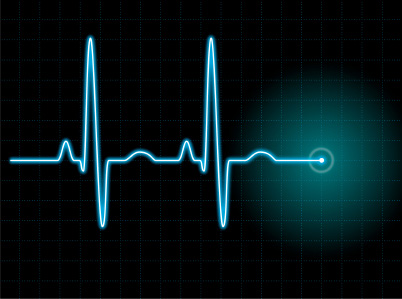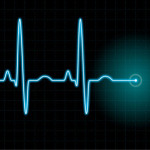
Why Daylight Savings Time May be Detrimental to Your Health
Twice each year, people across the globe prepare to change their clocks–setting them either an hour ahead, or an hour behind. The concept, known as daylight savings time, was originally implemented in 1895. An attempt to lengthen the work day, the idea was to decrease the amount of sunlight in the early morning and increase the amount of sunlight in the evening.
With today’s modern technology, daylight savings time does little to affect the length of one’s work day, and instead has become a somewhat annoying, but harmless routine.
However, new research indicates that daylight savings time may actually be detrimental to one’s health. Researchers from the University of Alabama’s department of Cardiac Disease have discovered a possible link between daylight savings time and the incidence of myocardial infarctions (MI’s), or heart attacks.
According to their research, the two days after moving the clocks ahead one hour in March are associated with a 10 percent increase in the risk of having a heart attack, and the two days after moving the clocks back one hour in October are associated with a 10 percent decrease in risk.
Why? Researchers are still not completely sure.
One hypothesis is that the sleep deprivation induced by the one hour jump forward may have a transient influence on cardiovascular activity. Though a research article published in the March issue of the American Journal of Cardiology found no significant difference in the incidences of MI’s in a study population of 935 men and women over time span of nearly six years, it has been proven in the past that sleep deprivation does have negative health impacts.
Other researchers point to the biological phenomena of circadian rhythm, or the body’s internal clock. Researchers postulate that the abrupt change in time alters the body’s circadian rhythm and triggers a type of shock throughout the cells of the body. Though the cells eventually adjust, researchers note that the adjustment takes time. A researcher from the University of Alabama gives the example of either being told you have a presentation for work scheduled at 2 pm, giving you several hours to prepare, or being told you have a presentation for work in 5 minutes.
Though more clinical research is needed to support these hypotheses, for those with concerns, researchers suggest waking up thirty minutes to an hour earlier a few days before daylight savings time.
For more information about ICG’s medical writing or technical writing services, contact us today!
Sources:
“Heart Attacks Rise Following Daylight Saving Time.” ScienceDaily. ScienceDaily, 07 Mar. 2012. Web. 29 Aug. 2013.
Janszky, Imre, and Rickard Ljung. “Shifts to and from Daylight Saving Time and Incidence of Myocardial Infarction.” New England Journal of
Medicine 359.18 (2008): 1966-968. Print.
Seaman, Andrew M. “Daylight Savings Tied to Bump in Heart Attack Rates.” Health News. N.p., n.d. Web. 29 Aug. 2013.




Leave a Reply